Bank Of America Hit With Proposed Ponzi Scheme Class Suit
By Mike Curley
Investors have slapped Bank of America with a proposed class action accusing the banking giant of knowingly helping five investment advisers perpetuate a $102 million Ponzi scheme by allowing them to transfer the funds through the bank.
Following on the heels of a government enforcement action, Mary Beth Heinert and Richard R. Schultz Jr. filed the suit in Florida federal court on behalf of 637 investors from whom Perry Santillo, Christopher Parris, Paul Anthony LaRocco, John Piccarreto and Thomas Brenner allegedly stole millions starting in 2011.
The investors claim the five used their status as members of their communities to persuade people to invest in their companies, which purported to do business in real estate, stock investments and medical research, only to funnel the money into Bank of America accounts and use them to either pay out to previous investors or for personal purposes.
“Bank of America had actual knowledge that the individual defendants were using Bank of America accounts to engage in illicit activity, and willingly assisted the fraud anyway,” the complaint states.
The funds went toward paying for homes and cars, country club memberships and trips to Las Vegas, according to the complaint. Santillo used some of the money to commission a song describing himself as a high-rolling “King Perry” in “ten thousand dollar suits,” then played the song at a party in Las Vegas, according to the complaint.
The scheme was brought down when the Securities and Exchange Commission launched a civil enforcement suit against the five men in June.
In the new complaint, the investors hold Bank of America responsible for keeping the scheme afloat, saying the bank knew the scam was using accounts opened in its branches and did nothing to stop it.
As part of the scheme, the five conspirators opened as many as 100 Bank of America accounts, which they used to manage and transfer the millions they took from their marks, the complaint alleges.
The proposed class claims Bank of America knew what the five conspirators were doing and had a duty to act on the signs of a Ponzi scheme, such as frequent transactions in a business account unrelated to the business’s function and multiple transfers to one person from several different accounts, according to the complaint.
Had the bank taken action to close or freeze the accounts involved, the scheme would have fallen apart much sooner, the suit says, adding that the bank had the power to close the accounts at any time and had no reason to keep them open.
“The individual defendants could not have run this scheme undetected for so many years without Bank of America’s knowing and substantial assistance,” Heinert and Schultz claim.
“We look forward to working to get relief for the class,” Harley S. Tropin of KozyakTropin& Throckmorton PA, attorney for the class, told Law360 in an email.
Counsel for the defendants could not immediately be reached for comment.
Heinert and Schultz are represented by George Franjola of Gilligan Gooding &Franjola PA and Harley S. Tropin, Tal J. Lifshitz and Robert J. Neary of KozyakTropin& Throckmorton PA.
Counsel information for the defendants was not available.
The case is Heinert et al v. Bank of America, N.A. et al, case number 5:18-CV-00324 in U.S. District Court for the Middle District of Florida.
Click here for the original article.


